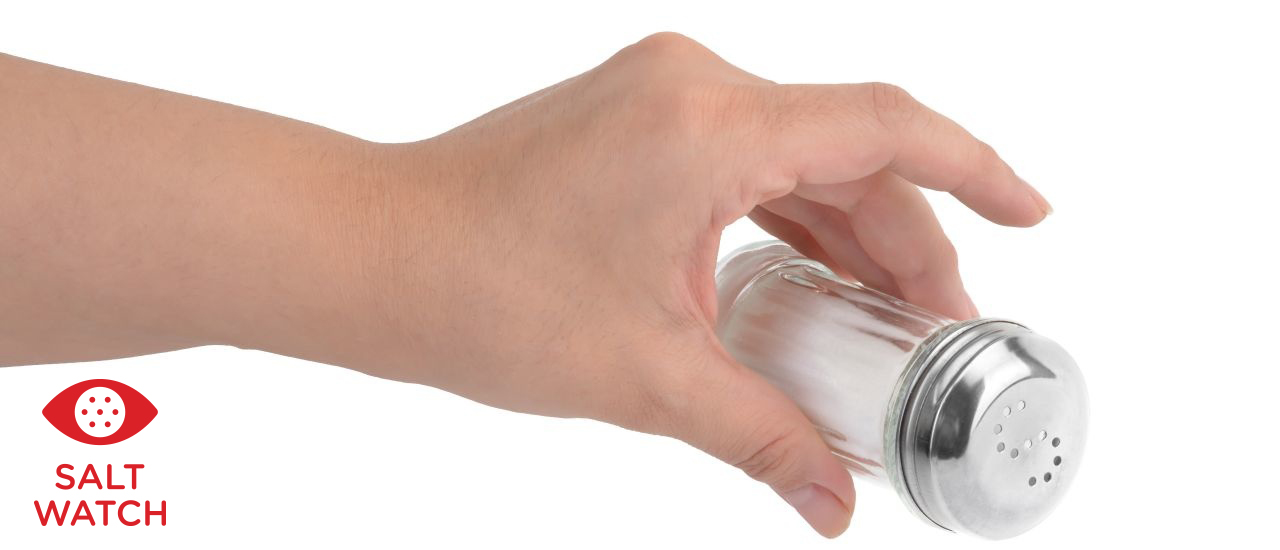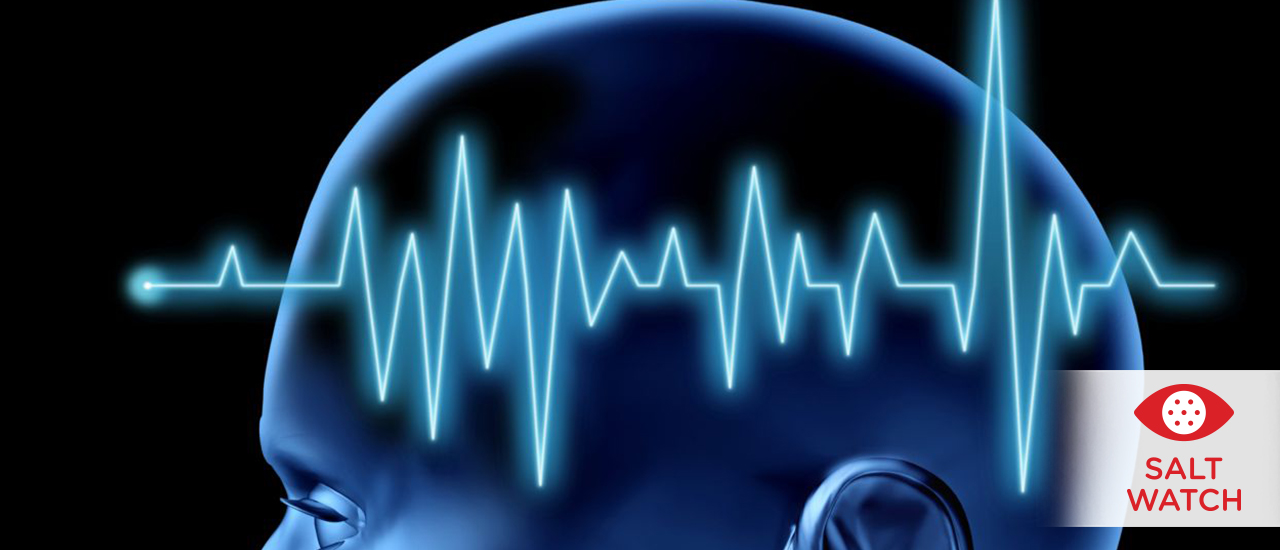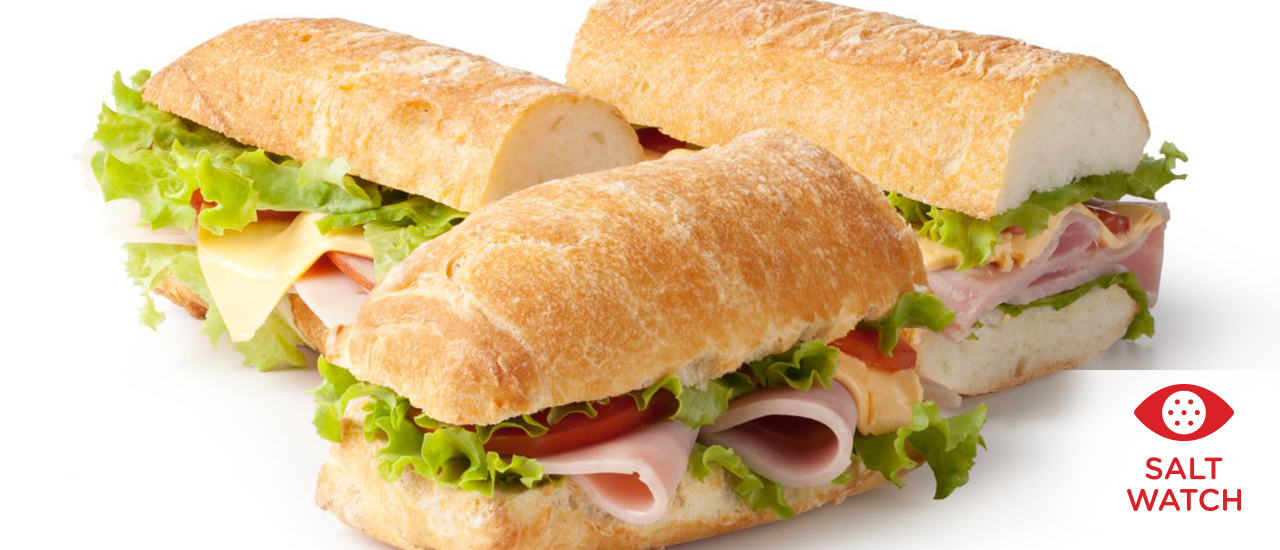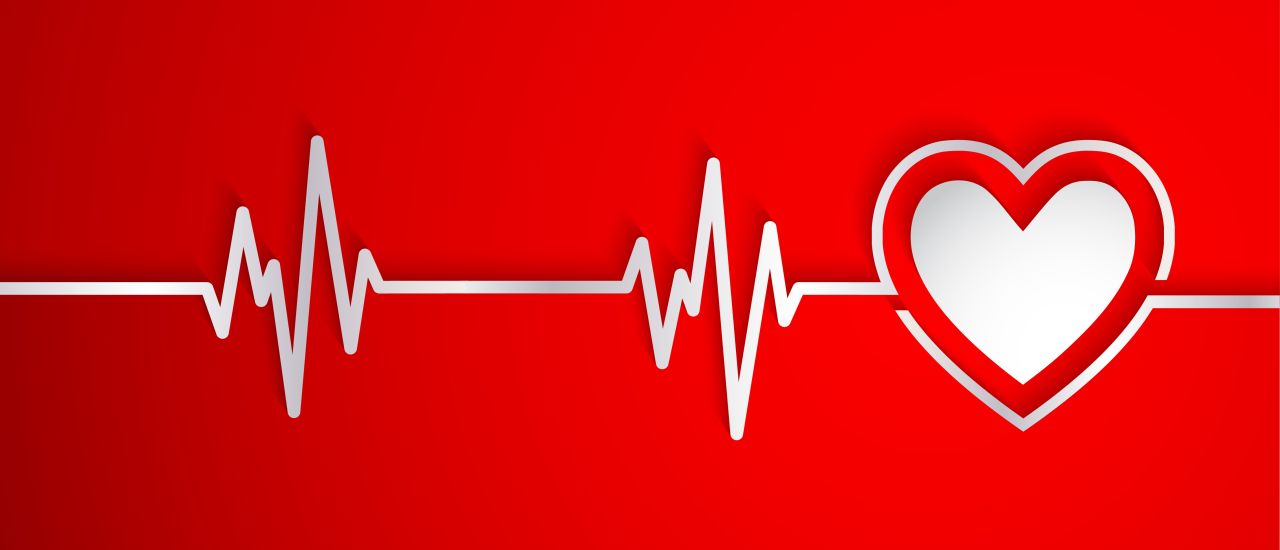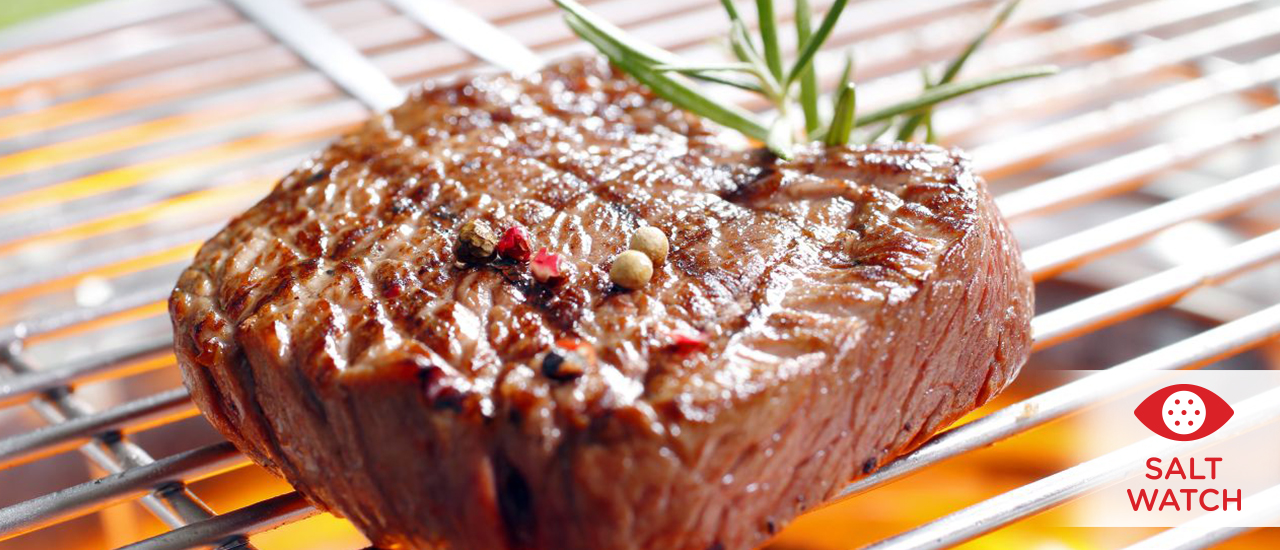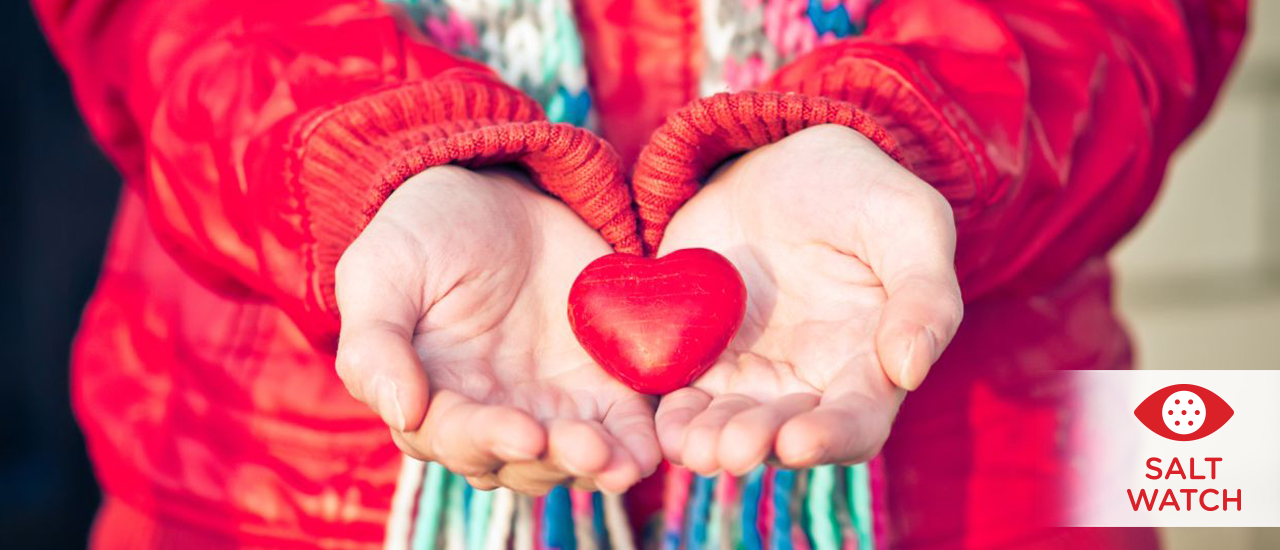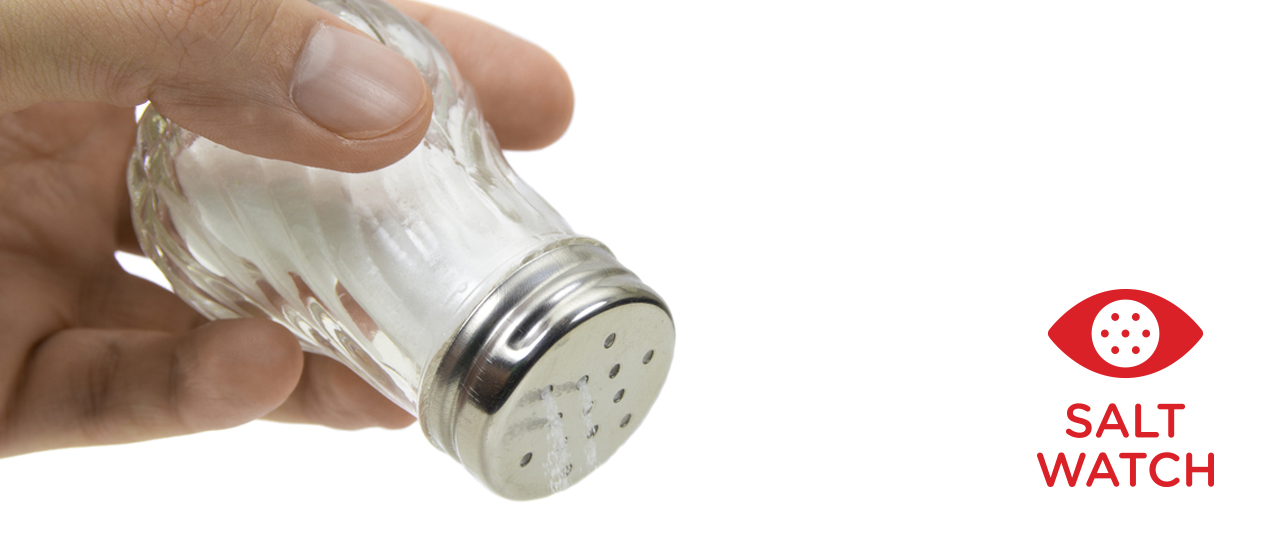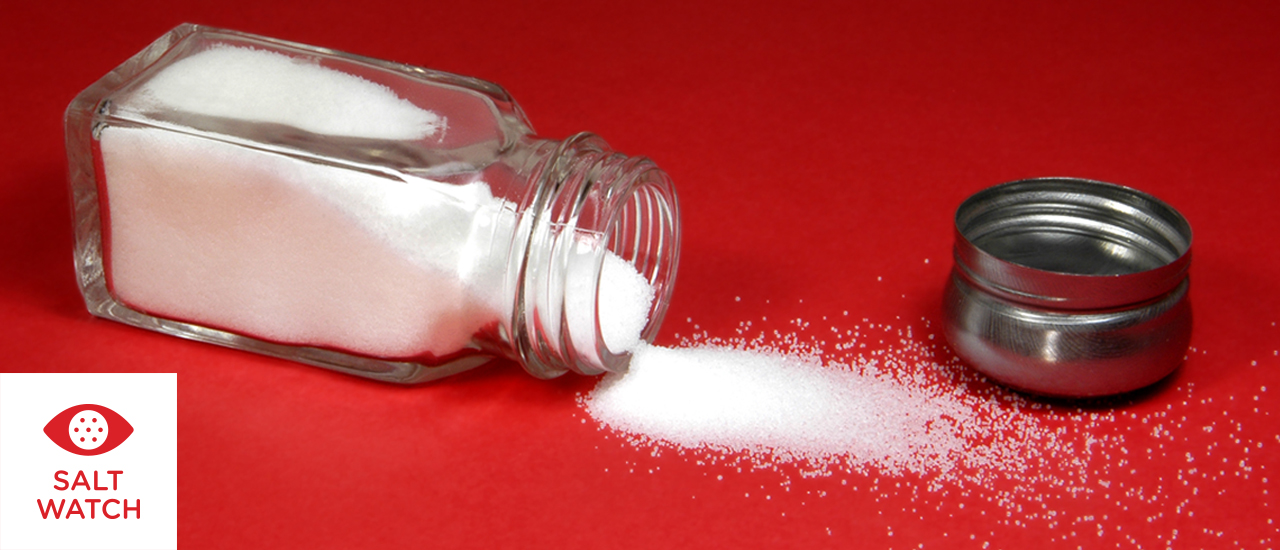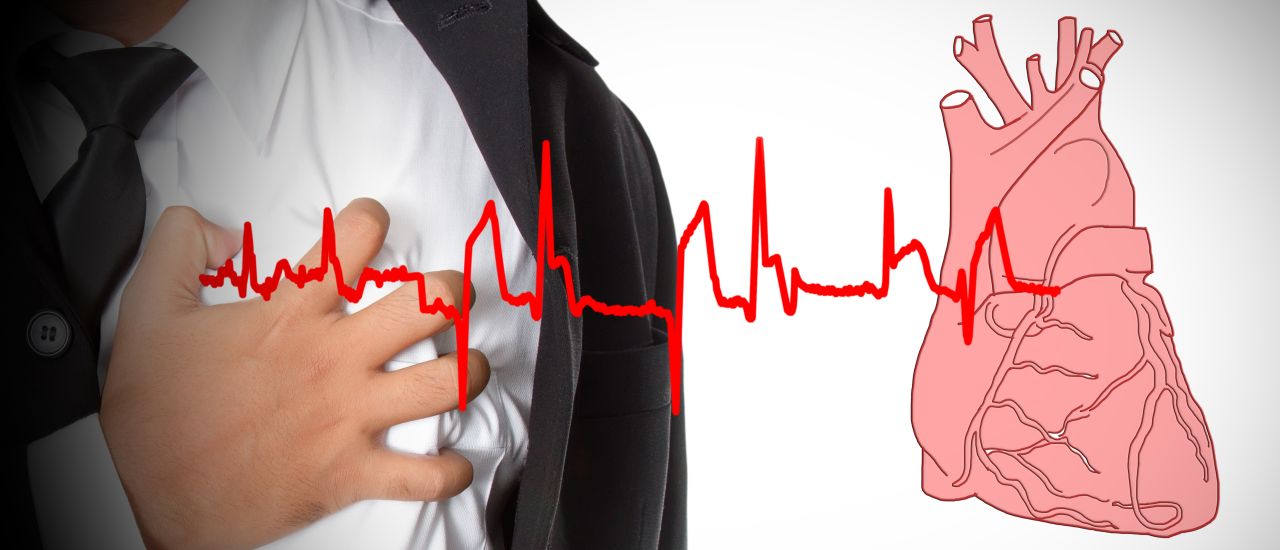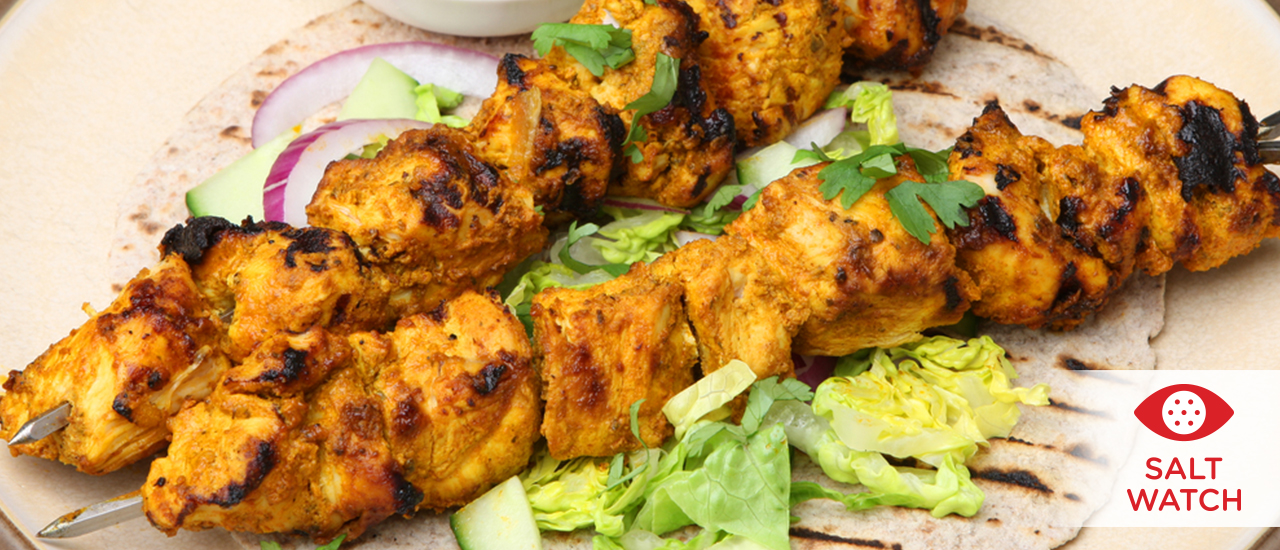Too much salt in your daily diet can be bad for you, but how do we still enjoy tasty meals if we’re trying to cut down on the amount of salt we eat? Our top tips for this are:
- Start by eating less prepared and processed foods
- Use more fresh food, and cook from scratch as much as possible
- Choose cooking methods that add flavour – like sautéing onion and garlic for sauces, soups and stews, and roasting or grilling rather than frying your food
- Season with fresh herbs, salt-free spices and ingredients like garlic, ginger and lemon
Make your own marinade that’s salt and preservative free – a combination of fresh herbs, lemon juice and rind, honey and balsamic vinegar make a delicious marinade. When it comes to cooking chicken, for example in our recipe below, don’t overcook it as it can become tough and dry. Also, feel free to experiment with a variety of ingredients – the different textures and flavours limits the need for salt.
Continue reading “Salt-free lemon chicken kebabs”

